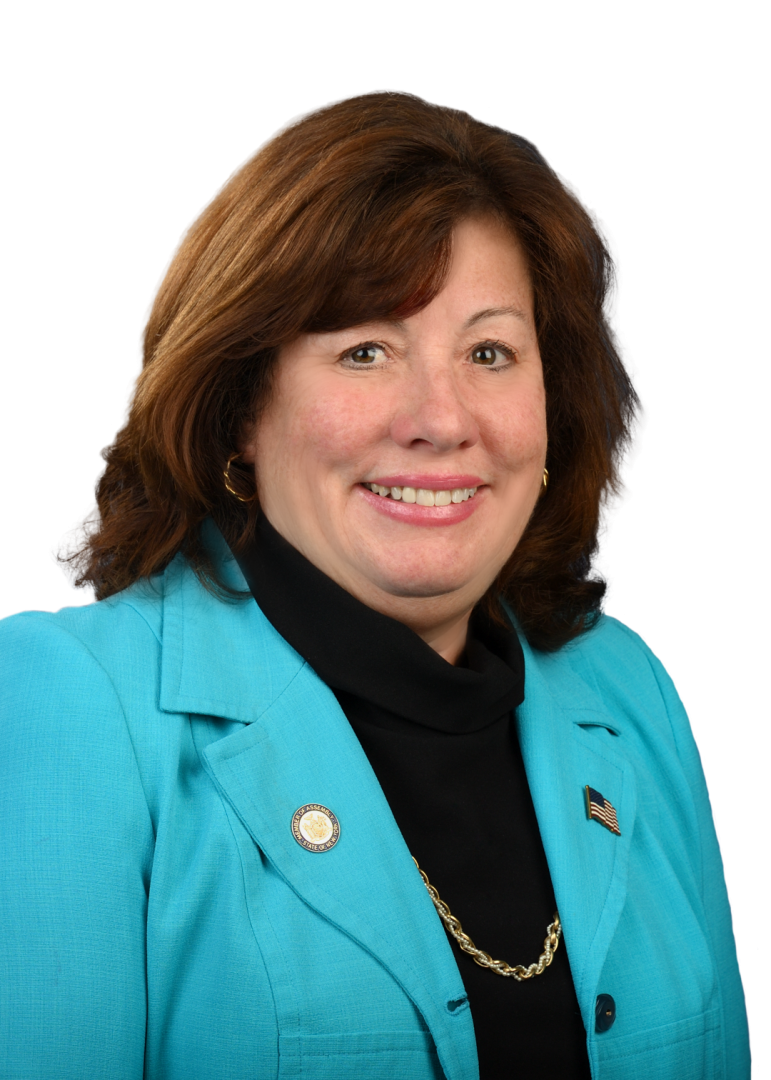Assemblywoman Buttenschon Passes Legislation to Set Safe Staffing Standards in New York Health Care Facilities
Assemblywoman Marianne Buttenschon (D-Utica/Rome) announced that she helped pass legislation that would set enforceable nurse-to-patient ratios in hospitals and nursing homes across the state (A.108-B and A.7119).
“Understaffing is an issue that has plagued health care facilities for years, and COVID-19 only made matters worse,” Buttenschon said. “Without enforceable standards in place, the quality of care our loved ones receive will continue to be in jeopardy and nurses will continue to be overworked and emotionally drained. The health and safety of our most vulnerable depends on taking action and enacting change, which is why I strongly urge the Governor to sign these important and long-overdue measures into law.”
The first piece of legislation, A.108-B, would require health care facilities to establish clinical staffing committees that would be responsible for developing and overseeing a clinical staffing plan. These committees would be made up of registered nurses, licensed practical nurses, ancillary staff members providing direct patient care and hospital administrators. Plans would be submitted to the state Department of Health (DOH) by July 1 of each year, and these committees would be responsible for adjusting and improving these plans as need be. The DOH would be required to set regulations for intensive and critical care unit staffing, including at least 12 hours of registered nurse care per day. Plans must be made accessible to the public and posted on the DOH hospital profile website. The DOH would also be tasked with investigating violations or complaints, and an independent advisory commission will also be created to help further improve working conditions and quality of care in New York health care facilities.
The second piece of legislation, A.7119, would direct the DOH commissioner to establish minimum nurse staffing levels for nursing homes in order to promote the highest standards of resident health and well-being and set a minimum level of care. Compliances would be based on a quarterly basis using staffing documentation required by the federal government. The Commissioner of Health would establish civil penalties for noncompliance.
Since the start of this public health crisis, Buttenschon has worked tirelessly to protect and support nursing home residents and their families. After visitation bans caused many residents to feel isolated, she passed a law allowing patients at nursing homes to designate caregivers in order to uplift their spirits and ensure they can stay connected with loved ones (Ch. 89 of 2021). Additionally, Buttenschon passed bills to create a task force to study the state of long-term care services (A.3922), require adult care facilities to include performance standards for infection control in their quality assurance plans (A.5846) and require health care facilities to provide residents and their families with information on complaints, citations, inspections, enforcement actions and penalties taken against the facility (A.5848). New York should never be the epicenter of a tragedy like this again, and it’s imperative that we take the lessons we learned this past year and utilize them to make lifesaving changes, Buttenschon noted.
